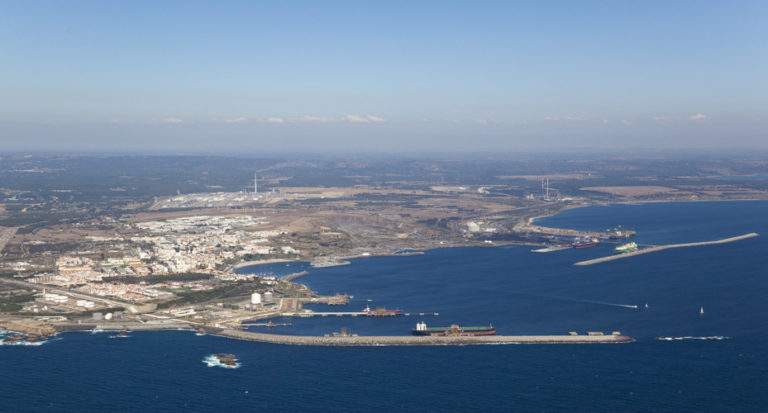The port of Sines in southern Portugal has become an economic battleground for Chinese and US influence in Europe. The increased strategic significance of the port and its planned expansion have attracted Chinese investment interests in the context of the Belt and Road Initiative (BRI), to which the US has responded with competing proposals. This study begins by contextualising the superpower rivalry in Sines within Portugal’s recent economic and political developments. An analysis of Chinese language sources is then presented, revealing China’s ambitions to transform the port into a key Atlantic outpost of the BRI. US plans to develop a European gateway for its shale gas are then compared. This policy brief adds a new dimension to the study of the Sines port by relating it to concepts of European strategic autonomy. It concludes by calling for a European response to Chinese and American ambitions in Sines based on (1) increasing EU-led public investment, (2) incentivising private European investment and (3) aligning industrial policy with foreign policy. The future outcome of the port of Sines will serve as a litmus test of the EU’s ambition and ability to pursue strategic autonomy amid a new era of superpower competition.
Author: Samuel Wejchert, Junior Researcher, EIAS
Photo credits: Luís Miguel Silva (Creative Commons license)

